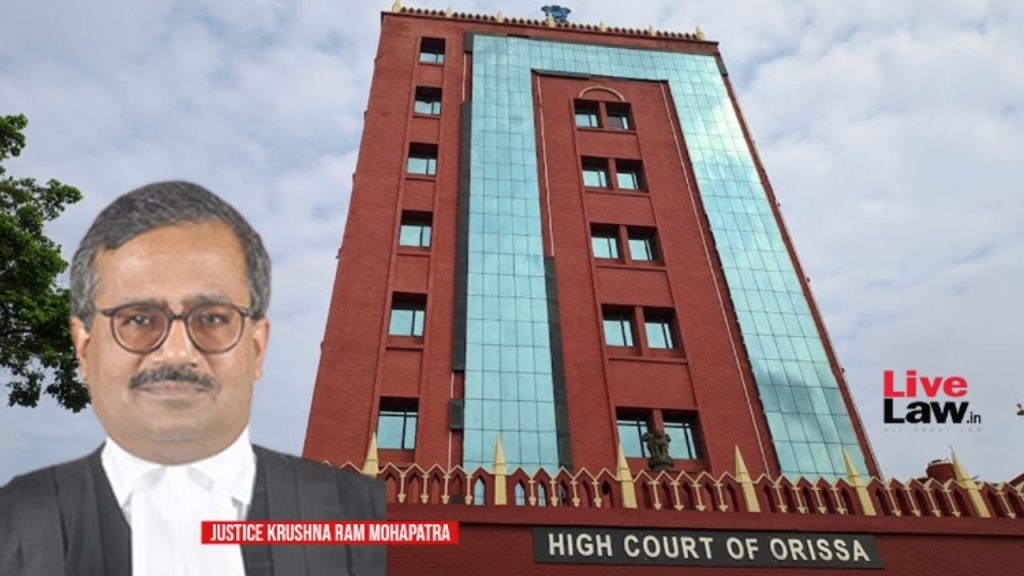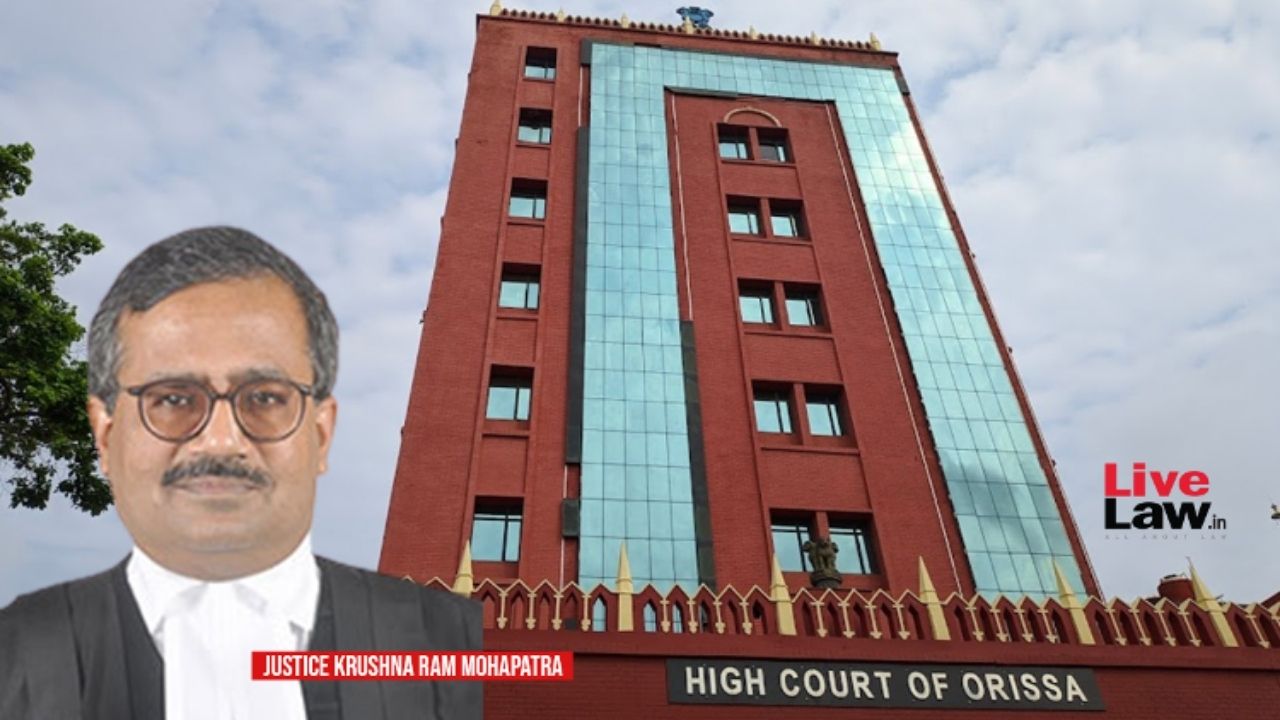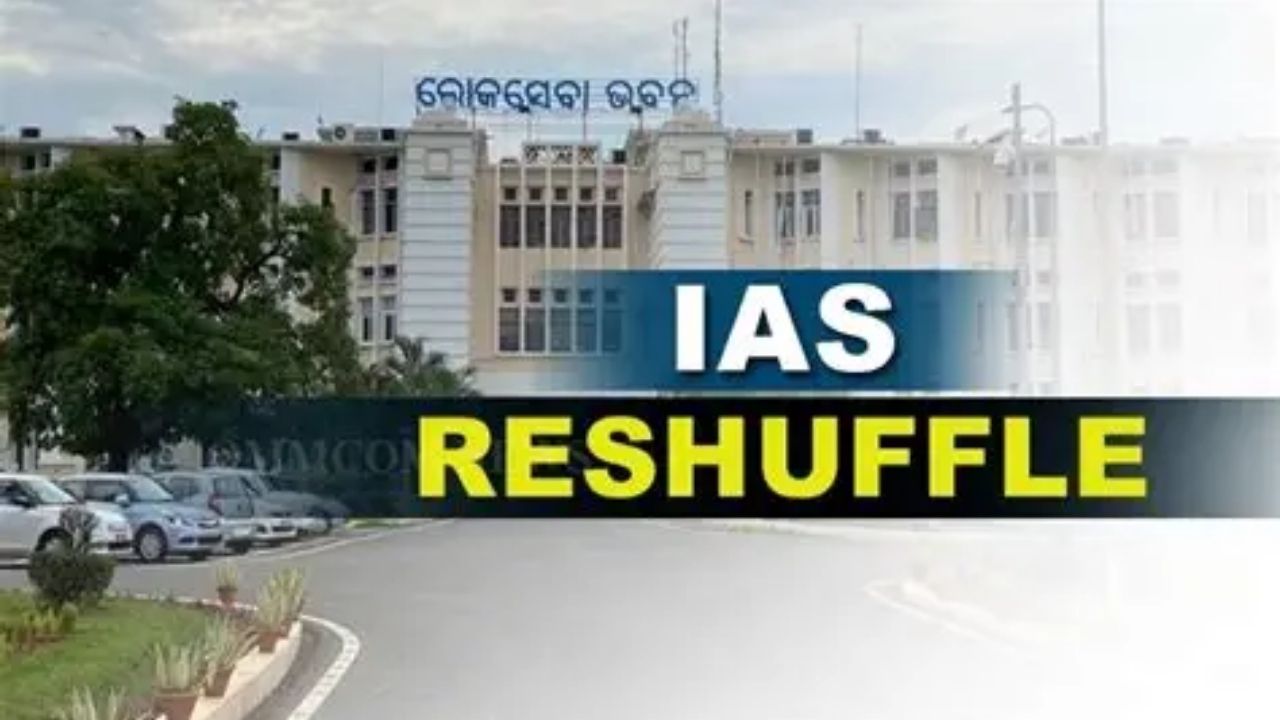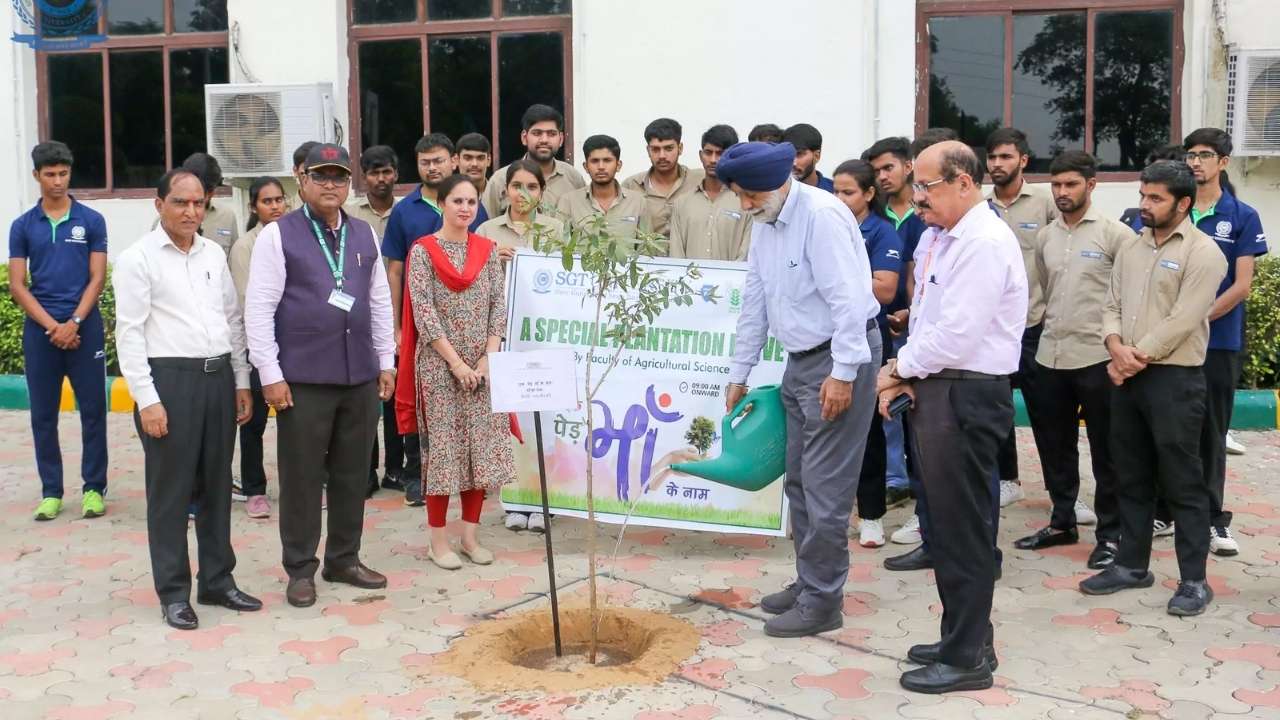Tata Power, one of India’s leading electric utility companies, has found itself in the middle of a legal storm after the Orissa High Court (HC) ordered it to pay Rs 2 lakh as interim compensation to the family of a worker who tragically died due to an electrocution incident. This legal ruling could have wider implications for businesses operating in hazardous industries. In this article, we’ll dive into the details of the case, unpack the court’s ruling, and examine what this means for Tata Power, other utility companies, and even everyday people who rely on such services.

Tata Power Faces Legal Blow After Orissa HC Orders Rs 2 Lakh Compensation
| Key Points | Details |
|---|---|
| Incident | Sanatan Nayak’s death due to electrocution in 2007 after stepping into an electrified puddle. |
| Court Order | Orissa High Court orders Tata Power to pay Rs 2 lakh as interim compensation. |
| Legal Basis | The ruling was based on the principle of strict liability for hazardous activities. |
| Interest | If compensation is delayed, interest will increase from 8% to 12%. |
| Potential Impact | The case could set a precedent for future compensation claims against utility companies. |
| Company’s Responsibility | The court emphasized public utilities’ duty to ensure safety and accountability in their operations. |
| Official Sources | Orissa High Court ruling |
| Practical Advice | Companies must evaluate and improve safety standards to avoid similar legal consequences. |
The legal battle surrounding Tata Power and the Orissa High Court’s ruling highlights a crucial aspect of corporate responsibility: ensuring safety and accountability in high-risk industries. The court’s decision to award interim compensation to the victim’s family underscores the importance of proactive risk management and adherence to safety standards. This case serves as a warning to companies everywhere: when it comes to public safety, there’s no room for oversight.
For workers, this ruling shows that if they suffer due to unsafe practices, they have legal avenues to pursue justice. As for companies, it’s clear that taking shortcuts when it comes to safety can have devastating financial and reputational consequences. Tata Power’s legal blow serves as a cautionary tale for the entire industry.
The Incident That Sparked a Legal Storm
In 2007, Sanatan Nayak, a worker employed by Tata Power Northern Odisha Distribution Limited (TPNODL), lost his life after stepping into a water puddle in Balasore District, Orissa. The puddle was electrified due to a snapped low-tension wire that had fallen in the area. The fatal accident led to a legal battle that stretched for years, with the family of the deceased worker seeking justice.
The Orissa High Court recently made a landmark ruling in favor of the victim’s family. The court directed Tata Power to pay an interim compensation of Rs 2 lakh, citing the company’s negligence in ensuring the safety of its workers and the public. This ruling, while not final, has already made waves and could influence how similar cases are handled in the future.

What Is Strict Liability?
In the context of this case, the strict liability principle played a significant role. For businesses and industries involved in hazardous activities—such as electricity distribution, construction, or mining—strict liability means that they are held accountable for accidents, even if there was no negligence on their part.
For example, if a company operating in a dangerous field fails to properly manage its operations and someone gets hurt or dies as a result, the company is legally responsible, regardless of whether they were directly negligent. This is particularly important for industries where accidents can have fatal consequences, like the energy sector, which Tata Power operates in.
A Deeper Look at the Legal Implications
The Orissa High Court’s decision sends a strong message that public utility companies, especially those providing essential services like electricity, cannot afford to ignore safety standards. As we mentioned earlier, the ruling was based on the principle of strict liability. Essentially, this means that public utilities must ensure the safety of their services, regardless of whether they can prove negligence or fault.
The case also highlights how Indian courts are increasingly holding companies accountable for worker safety and public well-being. For example, if Tata Power had maintained its equipment better or acted more swiftly in repairing the snapped wire, the incident might have been avoided. This sets the stage for more stringent regulations and safety practices in the future.
The Road to Justice
The legal journey began when Sanatan Nayak’s family filed a petition after his untimely death. Initially, the family sought compensation from Tata Power, but the company denied liability, claiming it wasn’t directly responsible for the incident. After years of legal back-and-forth, the Orissa High Court decided that Tata Power was indeed liable, ordering the company to pay interim compensation to the family while the case continues. This interim amount was set at Rs 2 lakh, with an interest rate of 8%, which could rise to 12% if the payment is delayed.
Key Takeaways for Companies and Workers
This case is significant for both companies and workers alike. It sends a clear message about the importance of safety protocols in industries where workers are exposed to potentially life-threatening conditions.
For Companies
- Safety First: If you’re in an industry that deals with hazardous activities, you must have a clear and enforced safety protocol in place. This is not just a legal requirement, but a moral one too.
- Liability Concerns: Even if you aren’t directly responsible for an accident, you could still be held liable due to the nature of your operations. The Orissa High Court ruling serves as a reminder that companies must manage risks proactively.
- Financial Consequences: Lawsuits can cost companies not only in compensation but also in public reputation. Legal fees and compensation can result in major financial losses, especially if there are delays in compliance.
For Workers and Families
- Know Your Rights: If you’re working in hazardous conditions, make sure you understand your rights. Companies are legally obligated to protect their workers from harm.
- Legal Recourse: If you or a loved one is injured due to unsafe work practices, you might be eligible for compensation. It’s important to seek legal advice as soon as possible to understand your options.
- Interim Relief: In cases like this, interim compensation can help the family of victims while the full case is being decided. This ensures that the victims are not left financially vulnerable in the meantime.
Odisha Secures Over Rs 2,000 Crore for Massive Afforestation Push—What This Means for the Future
Pritiranjan Gharai and 20 Others Face Charges Over Kalinga Nagar Road Blockade
ORERA Penalizes Realtor ₹2 Crore for Selling Unapproved Plots in Bhubaneswar
FAQs
Q1: What does “strict liability” mean in legal terms?
A1: Strict liability is a legal principle that holds individuals or companies accountable for damages or accidents caused by their activities, even if they were not negligent. In the case of Tata Power, they were held responsible for the worker’s death due to the hazardous nature of their work in the electric utility industry.
Q2: How long does it take for an interim compensation to be paid?
A2: In this case, the Orissa High Court ordered that the interim compensation of Rs 2 lakh be paid within two months. If the payment is delayed beyond this time frame, interest will be charged at a higher rate (12%).
Q3: Can the victim’s family ask for more compensation?
A3: Yes, the victim’s family can seek additional compensation. The court’s ruling for interim compensation is not final, and they can pursue further legal action for more compensation if necessary.
Q4: What are the key lessons for other utility companies?
A4: Other utility companies should take this case as a reminder to review their safety protocols. This ruling emphasizes the importance of ensuring safe working conditions for employees and preventing accidents that could lead to serious legal and financial consequences.





